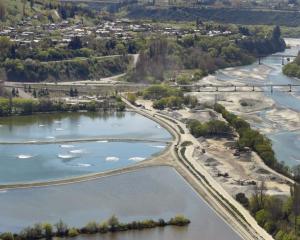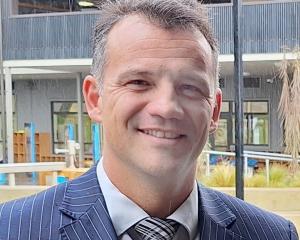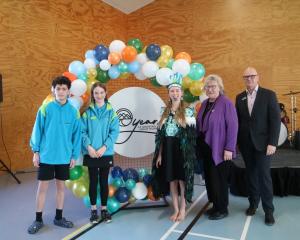
Southern District Health Board medical officer of health Dr Derek Bell told the Otago Daily Times yesterday the sole patient to date was a 16-year-old girl who developed symptoms on October 10 and had her case confirmed on October 12. She was infectious from October 5 to 15.
During that period the teenager visited the Queenstown Medical Centre for three days, from October 10 to 12; went to a restaurant; took a bus from Lake Hayes Estate and Queenstown; and went to the hairdresser.
Dr Bell said it was ''surprising all round'' to have had only one case confirmed.
''But, we're not out of the woods yet in terms of the period over which people could present.
''Towards the end of the week we'll start to breathe easier.''
The DHB did targeted contact tracing for people it knew had been in places of certain exposure, including the medical centre, radiology clinic and a nearby pharmacy.
''We had 239 people identified [and] we managed to get in touch with 194.
''Of those, 120 received a further vaccine, so that's a very extensive and comprehensive contact-tracing exercise which we're very pleased with.''
The DHB had been running free vaccination clinics at the Queenstown Medical Centre daily since Saturday, aimed at residents who were not registered with the centre.
Dr Bell said about 10 people had taken advantage of that service so far, but the DHB did not hold data on how many residents went to their own doctors.
The final free clinic will be held today from 9am to noon.
Measles is a potentially serious illness.
Symptoms are a runny nose, cough and fever for three to four days before the onset of a rash, which starts on the head and neck; a fever of over 38degC at the time of the onset of the rash; and a cough, or coryza, or conjunctivitis, or Koplik spots present at the time of the rash onset.
People are infectious from the start of the runny nose.
If patients developed symptoms, they were advised to stay home and phone their general practice or Healthline (0800 611 116) and let them know they had potentially been in contact with a confirmed measles case.
People with measles needed to be isolated at home with no visitors, unless the visitors were immune.












